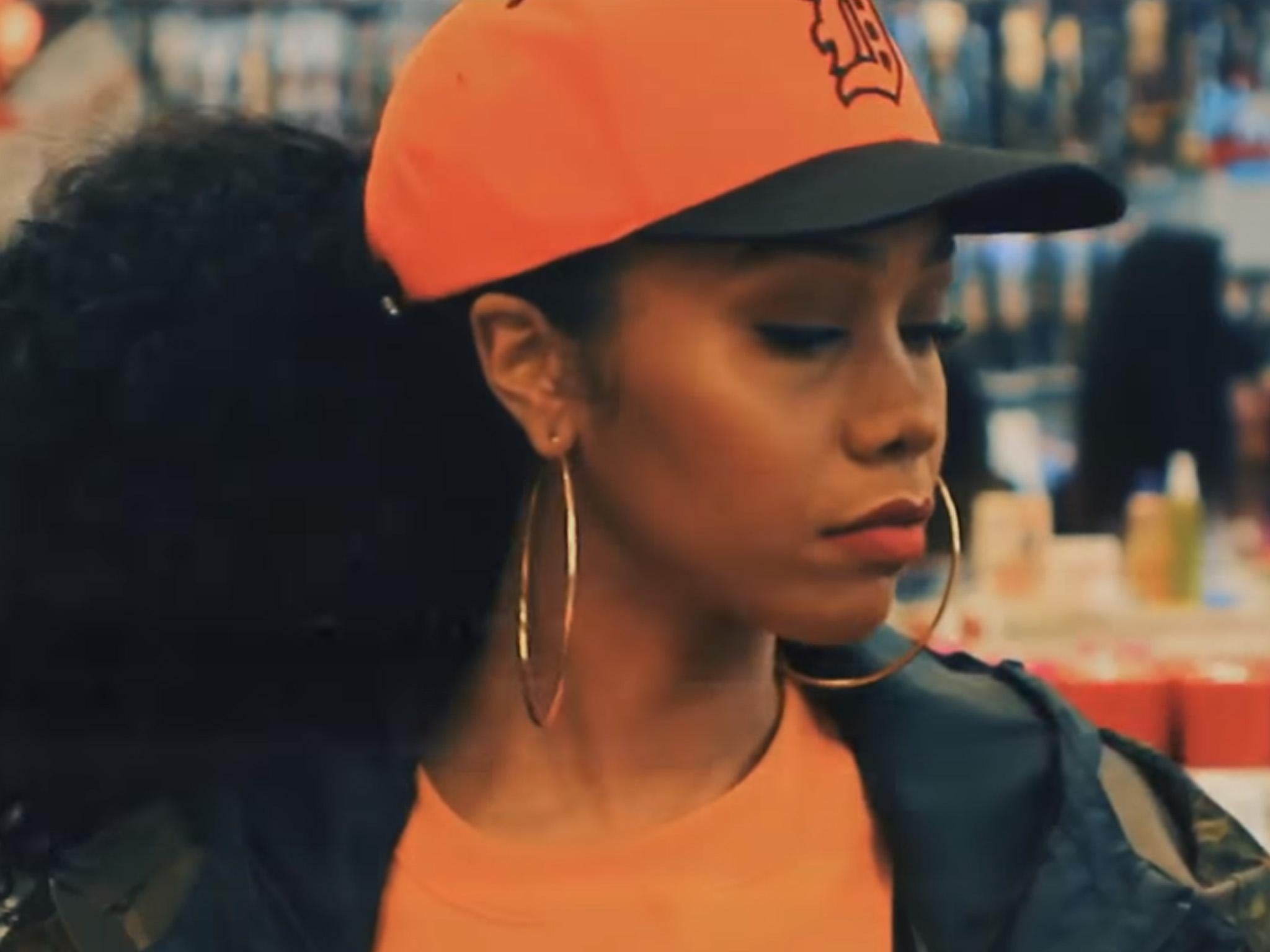Afrofuture Fest: Music festival charged white people double for entry
Festival backtracked after public criticism and far-right threats

A music festival in Detroit charged white people double price for entry but later backtracked after public backlash.
Afrofuture Fest, a small event organised by local art and social collective Afrofuture Youth, set the full price tickets for people of colour at $20 – but this rose to $40 for non-people of colour.
The organisers explained their decision as a way to “ensure that the most marginalised communities (people of colour) are provided with an equitable chance at enjoying events in their own community (black Detroit).”
The event page reads: “Affording joy and pleasure is unfortunately still a privilege in our society for POC and we believe everyone should have access to receiving such.
“Equality means treating everyone the same. Equity is ensuring everyone has what they need to be successful.”
Adrienne Ayers, the founder and director of Afrofuture Youth, told the New York Times that the festival, set for 3 August, is expected to attract over 200 people, and organisers had set 13 tickets aside for white people, all of which had been sold.
“There were a lot of white people who were telling us they didn’t mind paying extra,” she said.
However, the festival has since decided to backtrack on the double pricing after organisers received threats and harassment.
“For the safety of our community, family, elders who received threats from white supremacists and youth who were subjected to seeing racist comments on our Instagram page, Afrofuture Fest has changed our ticketing model to $20 General Admission and suggested donation for non-POC,” Afrofuture Fest tweeted.
Ms Ayers said that after right-wing websites highlighted the pricing, venue owners received harassment and some members of the public sent messages to the family of her co-director.
Eventbrite clamped down on the event – stating the approach breached the company’s terms and conditions.
“We do not permit events that require attendees to pay different prices based on their protected characteristics such as race or ethnicity,” the company said in a statement.
A performer pulled out of the event after learning about the ticketing policy.
Detroit-based rapper Tiny Jag, whose real name is Jillian Graham, told the Detroit Times: “I was immediately enraged just because I am biracial.
“I have family members that would have, under those circumstances, been subjected to something that I would not ever want them to be in ... Like, it’s just outrageous from so many different angles.”
However, some criticised the musician for her move, arguing that the policy was well-intentioned and supported the local community.
Iljeoma Oluo, author of So You Want To Talk About Race, wrote on Twitter: “Gawd this is embarrassing.
“My white mom would be PROUD to pay more because she understands the history of economic exploitation of black folk in this country to benefit whiteness & she wants a better future for black folk, including her black kids.”
Half of the proceeds will go to Afrofuture Youth, a programme of the NGO Allied Media Projects that benefits young black people in Detroit to help them “build a new, more equitable world” and “support all aspects of black lives”.
Join our commenting forum
Join thought-provoking conversations, follow other Independent readers and see their replies
Comments